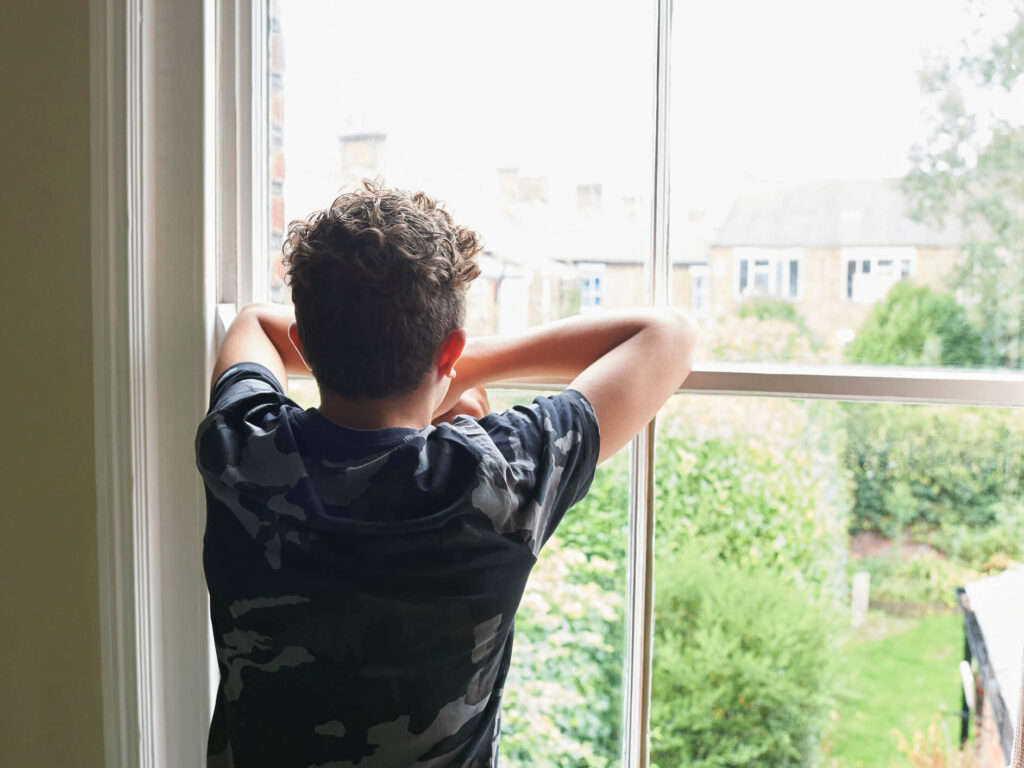[vc_row][vc_column][vc_column_text]
Have you noticed a change in your loved one lately?
This year has been a tough one for all of us, and now as we’re heading into the holiday season, feelings of grief and isolation, and loneliness are accumulating as we all are learning to navigate the holidays in a pandemic.
These feelings can also make it difficult to reach out for help, even when you know you need it. That’s why we’re making this list of 7 signs someone you love is struggling with their mental health. While it’s not up to you to “cure” or “fix” a loved one’s mental health problems, knowing how to look out for signs that they are struggling can help you know when and how to offer support.
7 signs that your loved one may be struggling with their mental health:
They’ve been communicating less, or otherwise isolating themselves:
It can be hard to be around friends and loved ones when you are struggling with your mental health. It can feel like you’re dragging others down, or that you aren’t as much fun to be around as you usually are. So instead of risking rejection, self-isolation becomes the tactic. If you notice your friend is ignoring your phone calls or texts, constantly canceling plans, not reaching out to loved ones, etc, that can be a clear sign that they are struggling.
They don’t seem “there” when you do see or hear from them:
Even if you see or hear from them a lot, it might not be obvious that your friend needs support. If you notice your friend seems dazed/distracted/tired when they interact with someone, it might be more than just a hectic schedule.
They always seem tired, never seem to get enough or restful sleep:
Many mental health issues affect sleep. While one person’s symptoms might be bouts of insomnia or other issues getting + staying asleep, another person might struggle with oversleeping–sleeping for most of the day without ever feeling rested.
Their appetite or eating habits noticeably change:
Appetite and digestive problems are very common symptoms of mental health struggles. Even something common like stress can noticeably change a person’s appetite and eating patterns. Very Well Mind did a short breakdown here on common psychological reasons people lose their appetite.
They’ve been engaging in more risk-taking behaviors:
Substance use, extreme impulsive behavior, sexual risks, etc are all examples of risk-taking behaviors. They might also seem moody, irritable, or quick to catastrophize a situation.
They seem to have a lack of motivation, energy, or little to no interest in old hobbies:
If you ask your friend what they’ve been up to and they can’t think of anything they’ve done recently, it could be because we all have extremely limited options with how to spend our time in a pandemic, but it could also be that their regular hobbies and interests aren’t exciting or appealing to them right now. This isn’t just for hobbies either: if you notice that your friend only has the energy to do what they need to do, and doesn’t have the energy or interest for anything else, this is a clear sign that they are struggling.
Their moods have become unpredictable:
Emotional outburst and mood instability is an indicator that at the very least, they are overwhelmed or reaching burnout. It could also be a sign that previously ignored or repressed feelings are surfacing. And while expressing our feelings is, of course, a good and natural thing, having frequent outbursts isn’t a healthy way of expressing them.
How you can help:
As we said above, you can’t fix your friend’s problems for them, but you can be a source of support for them while they do their own healing work. This means:
- Letting them know you’re there to support them: don’t make them come to you. If you notice something off about your friend’s behavior, let them know you’ve noticed and you want to help.
- Coming with suggestions: asking for help is hard and sometimes getting a blank “I’m here for whatever” check is even more stressful than not having help offered, because now you have to figure out what to even ask for. For this reason, if you’re going to offer help to a friend, give them a couple suggestions. If you’ve noticed their lack of energy, offer to get some food delivered to them so they don’t have to cook. If they’ve been struggling for a while offer to be with them and do some research on therapists in your area that they can reach out to. Even if what you suggest isn’t what your friend needs, it might spark an idea of something they do need that they can ask you for.
- Checking in: don’t just ask one time if they are okay. Give the support that you can give and that they need, but don’t just do it once and assume they are fixed. Let them know you’re thinking of them, ask them how they are feeling, if they need you to help them out again.
- Ask them how they like to be supported: some people like support through actions, some people like support through companionship, some people like support through a mix of both, some people need an entirely different type of support. Ask your friend if they just want you to sit there with them, if they want you to help them find resources, if they need you to check in on them, etc.
[/vc_column_text][/vc_column][/vc_row][vc_row][vc_column][/vc_column][/vc_row]

